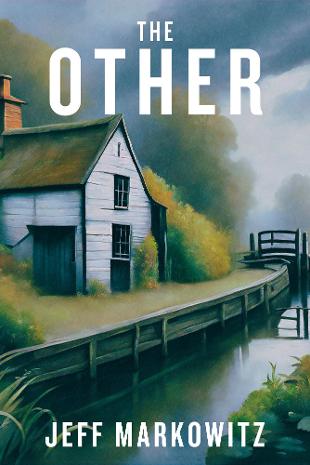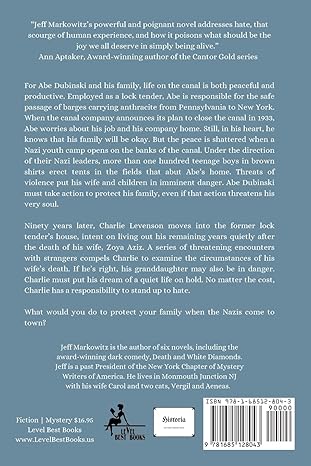

Make a free website with Yola


Book Club Discussion Questions
"Markowitz’s parallel narratives touch upon several fascinating ideas, including the reach of Nazism—even in rural America—during WWII, the lasting impacts of the January 6 insurrection on today’s world, and the similarities between two time periods each burdened with an oppressive sense of dread. The inclusion of Zoya’s ghostly figure and her own story of coming to America from Iran provides another layer of texture and perspective while also endearing the grieving Charlie to readers."
Kirkus Reviews
Make a free website with Yola